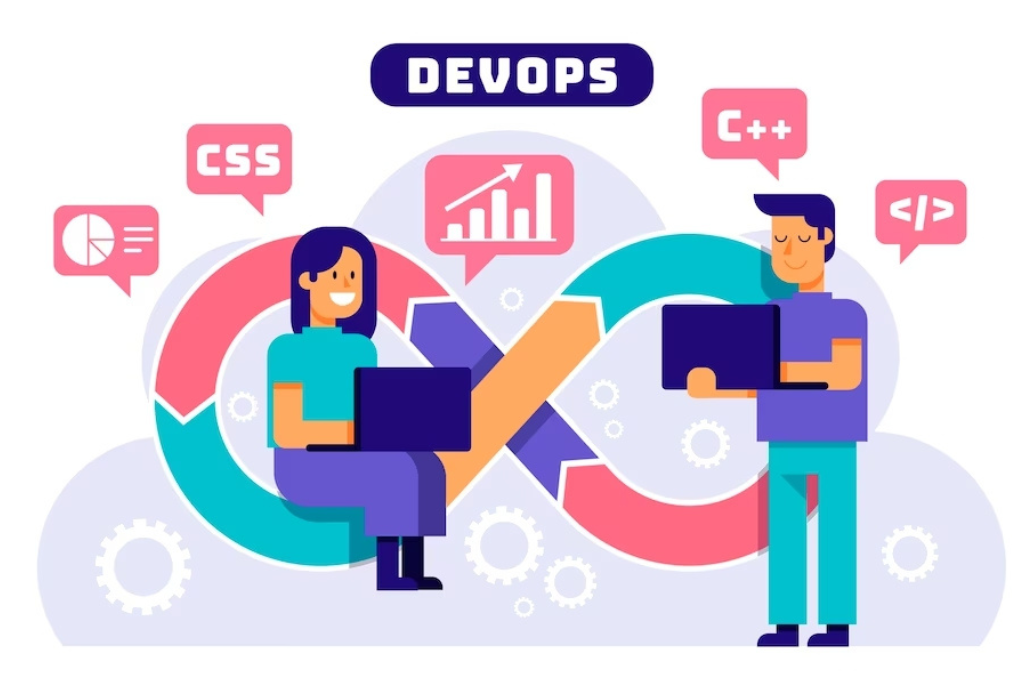When running a business, it’s important to know what works for you, what doesn’t work for you and what hasn’t worked out for you in the past as well as what you need to do further to improve in the future.
A mere knowledge of the facts on the face value is not enough to empower people with the insights they need to make better business decisions. There are some questions that only a dedicated process can answer.
This is where Business Intelligence (BI) comes in: it is a smart data analysis process that businesses adopt to boost their performance by gaining valuable insights into their critical operations, using reporting applications and analytics tools.
The applications and software used in this process are commonly known as BI applications and often include tabular reports, spreadsheets, charts, and dashboards.
While BI systems are known for being costly and time-consuming, there are a myriad of business benefits associated with using these.
According to a recent report by Dresner Advisory Services, apart from the clear advantage of better decision making, companies are found using BI for revenue growth, an increased competitive advantage, improved operational efficiency, and enhanced customer service.
In addition to the outcomes cited by Dresner Advisory Services, BI also helps organizations improve decision-making processes at all levels of management and enhances their tactical and strategic management processes in the following effective ways:
Gain Valuable Insights into Consumer Behavior
Once you’re able to see what your customers want and understand what they are buying, using BI applications and tools, you can use these insights to develop something that matches the expectations of your customers and consequently increase your business revenue.
Improve Visibility
In the absence of BI, most of the business operations remain invisible and unidentified by decision makers.
BI brings all operations and processes into the limelight and makes it possible for you to identify any areas that need improvement.
Transform Simple Data into Actionable Data
A good BI system identifies key trends and patterns in your business data to help you make important connections between different aspects of your business that may otherwise seem invisible or irrelevant. Understanding the connections between various aspects of your business may help you make better decisions for the future of your business.
Share Information across Departments
One of the many ways in which BI improves business operational efficiency is by sharing information across different departments in your organization in a form that’s easily accessible, readable, understandable, and actionable.
The key benefits of this information sharing are a reduction in those activities that would otherwise have been counterproductive in the course of your business and the improvement in the accuracy and usefulness of the data generated by the different departments.
Today, companies have unimaginable amounts of information available to guide business decisions. For decades, enterprises have been trying to find a smart way of getting their data out of their systems and into the hands of decision makers without affecting the process or slowing down their people.
While the idea of employing BI methods and tools to read and analyze your data seems too easy to adopt, the starting point is always tricky.
Prior to implementing a BI initiative, every business owner should consider the following five elements:
- Objective and Outcome
Before you get started with a BI initiative, identify the objectives of such an initiative and chalk out all the possible as well as probable outcomes of the project. It is important to answer what you hope to accomplish with the BI initiative before you invest your money in it. - Project Roadmap
Once a set of objectives is in place and a clear picture of the outcomes is drawn, create a project roadmap by establishing and communicating the business context for the project. The process plan should include the key milestones, the names of the people participating in it, and the decision-making strategy. - Data Collection
BI is a game of data. Without any information on the business or aspects of the business, it is impossible to run the show. So, in order for your BI initiative to work, you should ensure that the data you need to analyze to reach the objective you have chalked out is the data you actually capture in the course of your business. - Information Accessibility
Assimilation and structuring the data being collected is also vital to the success of a BI initiative. If the data is kept in a format or a location that is inaccessible to those who need it for analysis, the BI initiative is rendered useless and ineffective. - Adopting an Enterprise Planning Approach
Regardless of which business you’re associated with, taking a department-level approach to your BI initiative will help uncover many discrepancies across the organization and will create results that are more consistent over a period of time.
In one way or the other, businesses are analyzing their data, but how it is done actually make a difference.
While the traditional methods of data analysis are less expensive and do not involve assembling a team of experts to do the job, the results are not always what you’re looking for.
BI tools analyze data to provide insights that are otherwise difficult to find and, if done properly and all things that are important are kept in mind, BI can take your business to the heights that were previously unattainable and hard to imagine.
We hope the aforementioned points helped you understand why a BI initiative is important for your business and how to implement it in your organization. But, it is advisable that you get help from specialists who have had prior experience in implementing BI successfully.
We have encountered several clients in our span of 12 years who first took on the initiative of implementing BI solutions on their own, which turned out to be a disaster later on and led to the loss of productivity and money. So do not put yourself in the same shoes!
Have you initiated BI in your company or do you plan to do so in the near future? Do you have any points to share or questions? Please feel free to leave your comments below and thanks for reading!




















.png)





